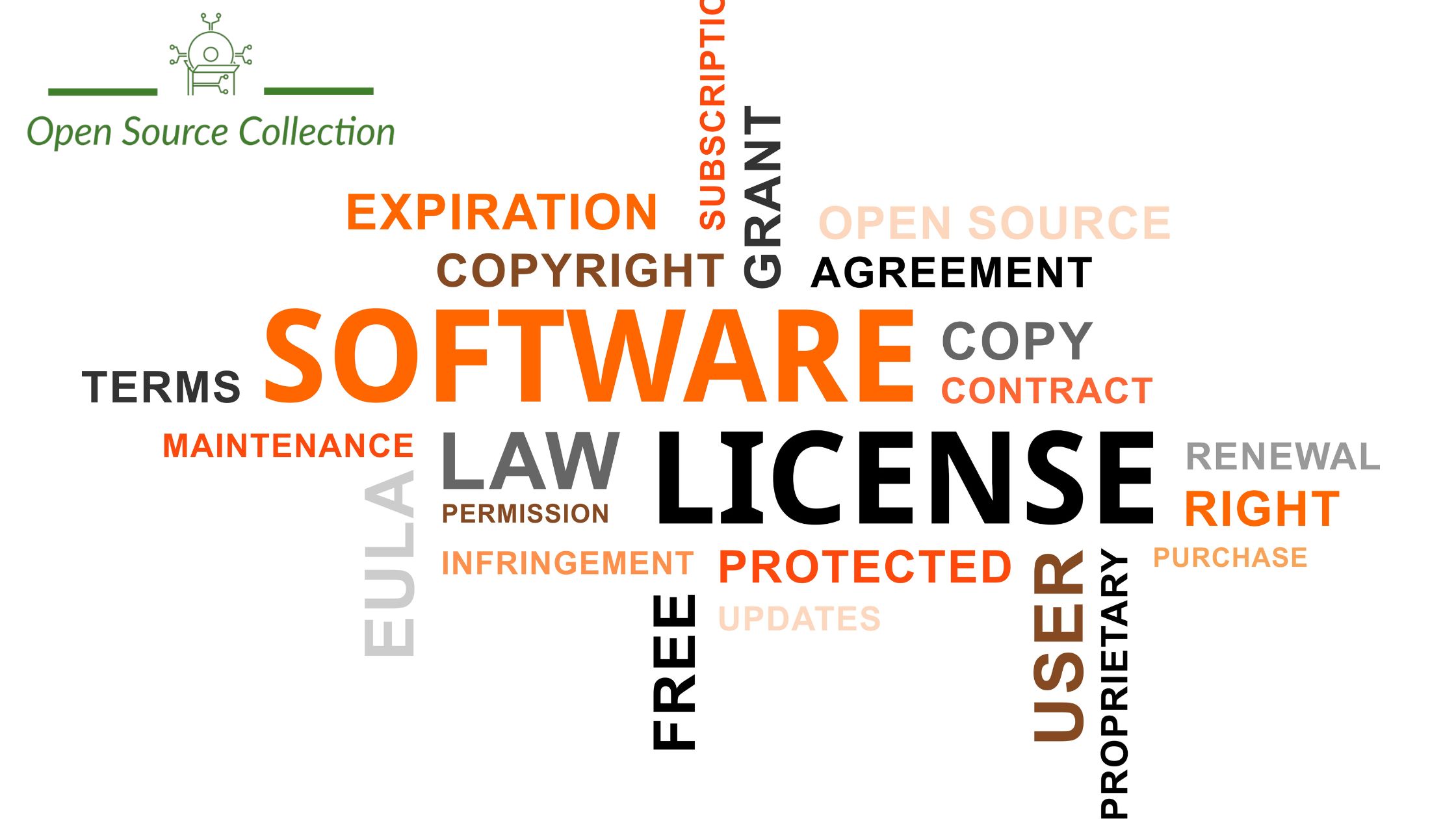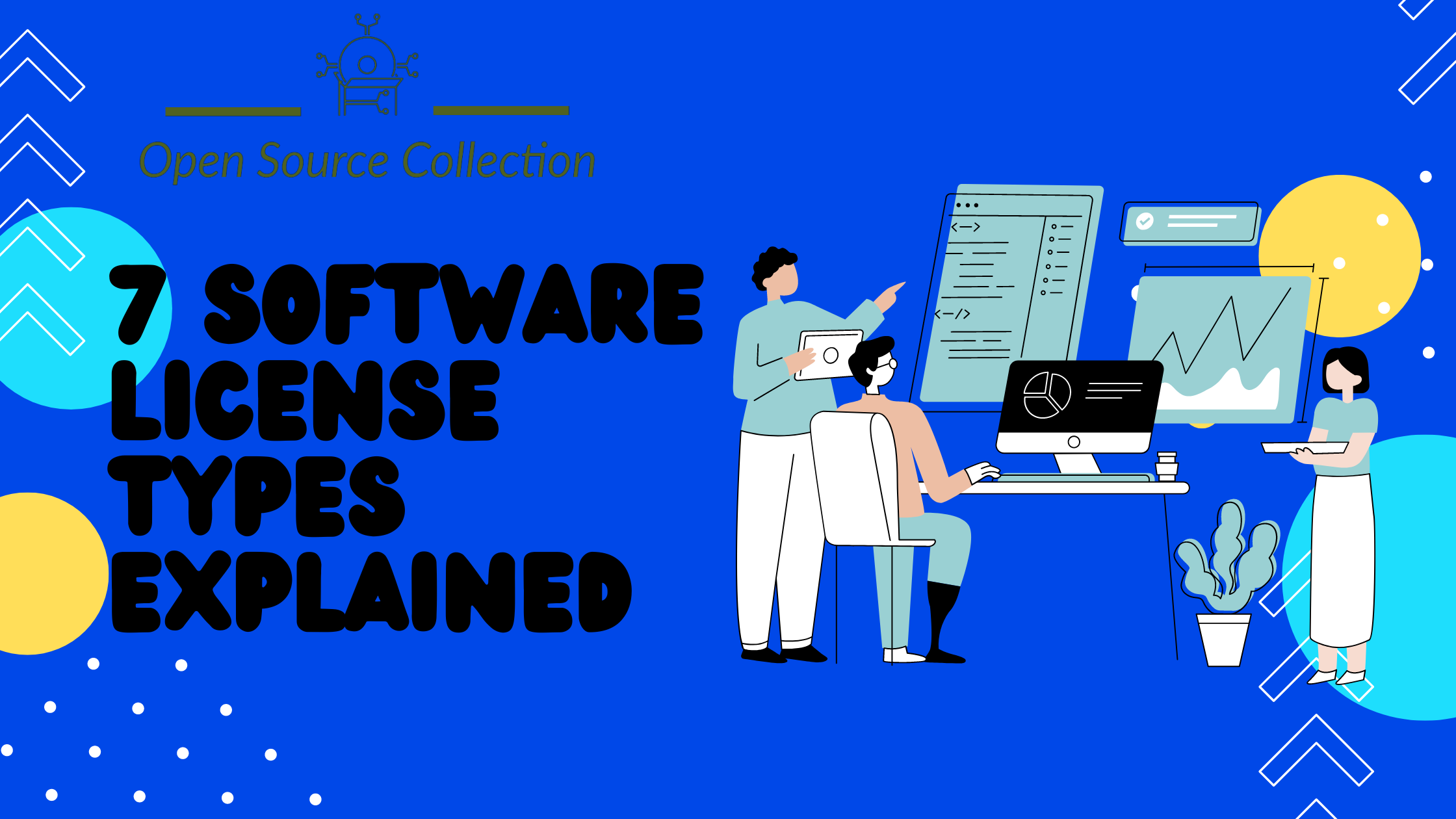Software is essential in both the personal and professional realms in the modern digital world. Comprehending software licenses is crucial whether you use commercial programs, creative software, or productivity solutions. One of the most important aspects of the software industry that sets the terms and circumstances is software licensing. The conditions, limitations, and permissions of software licenses might differ greatly. Software licenses set forth the permissible uses, distribution channels, and modifications of software.
It can be intimidating to navigate the complexities given the variety of options. Anyone involved in the development or distribution of software must comprehend the various kinds of software licenses. The goal of this guide is to explain software license types so that you can use them to make informed decisions about how to use and distribute software. You will have a better understanding of the many kinds of software licenses and how they affect software development and distribution by the end of this article.
What Is A Software License?

A software license is a contract that authorizes a user to use software and its features. There are advantages to both methods of obtaining software, even though your daily interactions with it will probably be the same whether you buy it or obtain a license. You can decide if licensing is right for you by having a thorough understanding of both. Software licenses can be conditional, meaning that certain programs offer more sophisticated features or chances for a cost, while other programs only allow users to utilize the basic functions without charge. License is the feature what makes a good open-source project recognition more easy!
7 TYPES OF SOFTWARE LICENSES
Proprietary Software License
Also referred to as closed-source licenses, proprietary software licenses give customers limited access to the program. Proprietary licenses usually limit the users' ability to alter the program to meet specific requirements by preventing them from accessing or changing the underlying source code. End-User Licence Agreements, or EULAs, are typical examples of proprietary software licenses used by commercial software companies such as Adobe and Microsoft. Under the precise guidelines outlined in the license agreement, which frequently calls for the payment of a licensing fee or subscription, users are granted permission to use the software.
Open Source Software License
Community-driven development, open communication, and transparency are the cornerstones of open-source software licensing. These licenses give users unrestricted access to, modification of, and distribution of the software's source code. The criteria for open source licenses are established by the Open Source Initiative (OSI), and they include the freedom to develop derivative works, obtain source code, and redistribute the work freely. The MIT License, Apache License, and GNU General Public License (GPL) are a few examples of well-known open-source licenses. Open-source software stimulates knowledge exchange, developer communities, and innovation.
GNU General Public License (GPL)
One of the most popular open-source licenses is the GNU General Public License (GPL), which was created by the Free Software Foundation (FSF). By guaranteeing that derivative works based on GPL-licensed software remain open source, the GPL embraces the idea of copyleft. Software licensed under the GPL may be used, altered, and distributed by users as long as they follow the license's guidelines. Prominent undertakings subject to the GPL encompass the Linux kernel, GNU tools, and an assortment of software programs. Software freedom is protected by the GPL, which forbids proprietary appropriation of open-source code.
Apache License
The Apache Software Foundation created the Apache License, a permissive open-source license that is well-known for its adaptability and interoperability. Users may mix and match Apache-licensed code with proprietary software, in contrast to the GPL's copyleft policy. Under some restrictions, such as maintaining copyright notices and disclaimers, users may alter, distribute, and sublicense software covered by an Apache license. Because of the permissive nature of the Apache license, projects covered by it, such as Apache Hadoop and the Apache HTTP Server, are widely used in a variety of fields.
MIT License
Users are allowed a great deal of flexibility in how they use, alter, and distribute software under the terms of this straightforward and permissive license. This license, which comes from the Massachusetts Institute of Technology (MIT), requires derivative works to include only the original copyright notice and license terms. Other than that, users are free to use it as they see fit. Developers prefer the MIT License because of its flexibility and clarity, which makes it appropriate for both commercial and academic applications. The MIT License governs several popular libraries and frameworks, such as jQuery and React.
Commercial Software License
To monetize their items, the software makers use a variety of licensing techniques (private software packages) in commercial software licenses. Most of the time this privileges license obliges customers to acquire a separate license or subscription to get the merchandise and services availed. Different price models, like end-user licenses, and pay-as-you-go, can be bought by other software users. Moreover, services which may include grants; grants for repairs and maintenance as well as for support services are included in commercial licenses. Capital software vendors like Oracle, SAP, and Microsoft utilize commercial software licenses as "the example."
Read our guide about Understanding Software Licenses: Open-Source vs Commercial
Freeware License
Users can enjoy freeware software programs that are granted to practice non-commercial use and personal uses at no cost. To differ from open source software, freeware sets a certain boundary for users which does not allow them to change or share the program as they cannot read the source code. Freeware, often used in marketing, gives limited utilities to users, and only after they upgrade to the commercial version, with better features and customer support, they are reassured that it was the right thing to do. Media players such as VLC, security software, and basic productivity tools such as Excel are just a few among the multitude of freeware apps.
What Makes Software Licenses Important?
Software licenses are primary because they are a means of unwinding intellectual property protection. Furthermore, dealing with the legal front can also be a major advantage of providing such licenses, because it can provide developers with the appropriate legal option in the event consumers do violate the terms and conditions of the licensing agreement. Software licenses should be designed for the purpose of guaranteeing the developers and the users of the program can both use the program to make profits from it. Being a part of certain EULAs that actually create a formal overview of what a user's rights are for installing and directly using the application upon purchasing it, these licenses also play a key role in outlining how far and in what way a user can use the source code.
Tips For Using Software Licenses
Remember the following advice when utilizing software, whether for work or play:
- Examine your licenses: If such software has an EULA that is to be accepted one has to agree to it by first using it. Any doubts surrounding the use of this software through the terms of the license in the document can be clarified by thoroughly reading the license.
- Make staff guides: Here, you can prepare a step-by-step guide for license use as well as for software installation on an organization-wide level. "For easier understanding of the users, we will provide them with quick answers on what they can achieve through the application to ensure that all features are allowed by the license."
- Consider your objectives first: This knowledge defines the goals for the software may aid you in selecting the best software program. How can you be sure that when you put to market your developed product, you still maintain control over it? maybe you can start to keep an eye on the licenses of the software you are currently using.
Also, Read How to Earn Money With Open Source Contributions?
Wrap Up
The highly complex process of overseeing the multiple types of software licenses requires that the person involved has a profound knowledge of their characteristics, implications, and drawbacks; issues, or problems that arise from legal proceedings. Candidates should be mindful to assess their demands as well as the obligations that the two licenses offer; the proprietary license will permit them to profit from the software but with limited changes unlike GPL and Apache Licenses which are flexible. The persons and the companies can overcome the complexity of software licensing by being open, and cooperative and observing the rules and ethics.
FAQs
Proprietary License, open source license, GNU General Public License (GPL), Apache license, and MIT License.
Multiple varieties of open source licenses exist. The Apache License, allows modification and redistribution under specific conditions, the MIT License, has few restrictions and permits both commercial and non-commercial use, and the GNU General Public License (GPL), mandates that derivative works be distributed under the same license. The BSD License, Mozilla Public License (MPL), and Creative Commons licenses are a few other well-known open source licenses.
A standard software license is a contract that specifies the terms and conditions that apply to the usage of the program and is signed by the software creator or seller and the end user. Usually, these licenses outline the rights that are granted to the user, including the freedom to install and use the program on one or more devices, the prohibitions on redistribution, and the inability to alter or reverse-engineer the program.
The primary distinction between the two is that whilst licensed software cannot be altered, open-source software may. But just because open-source software is more adaptable doesn't mean it's a better choice for your company; in fact, you might find that licensed software is more suitable.

